Home » Your Support Hub » Understanding FL » Treatment
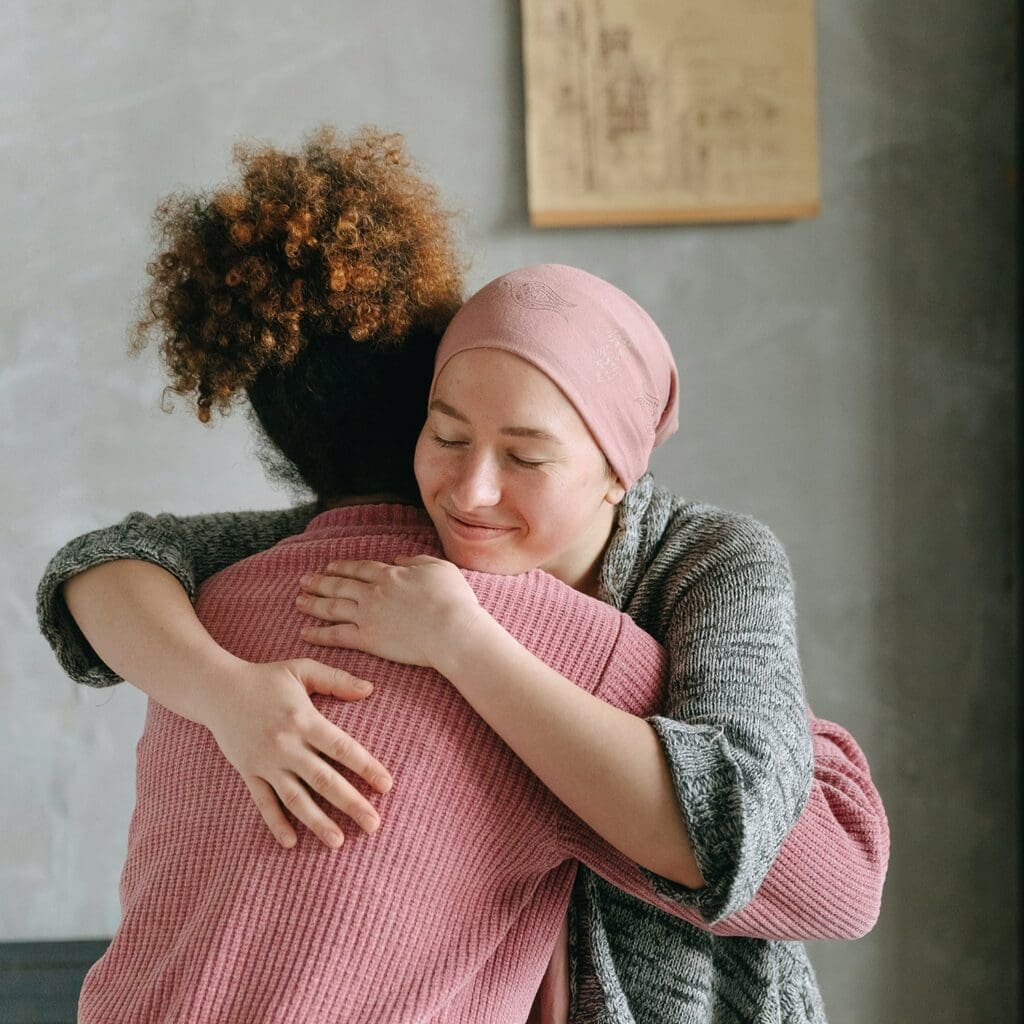
Once you’ve received a diagnosis of Follicular Lymphoma (FL), your doctor will talk to you about your options for treatment. They will use your individual diagnosis, stage and grade of Follicular Lymphoma and your age and general health to recommend the best treatment to help you live well with this currently incurable blood cancer.
Most people who are diagnosed with Follicular Lymphoma are told they either have early or advanced stage FL. Around 15-20% of people are diagnosed with early stage (stage 1 or 2) Follicular Lymphoma. The rest are diagnosed with advanced (stage 3 or 4) Follicular Lymphoma, which means it can be found in multiple areas of the body.
We know that being told a cancer is advanced is frightening. Don’t worry, it’s very typical for people newly diagnosed with FL to be told that their disease is advanced. That’s because Follicular Lymphoma doesn’t behave in the same way as most other cancers so it’s important to know that the term ‘advanced’ doesn’t necessarily mean that you are going to be at greater risk of a poor outcome. You’ll still be offered the same choice of medical treatments as someone in early-stage Follicular Lymphoma too
There’s a variety of different treatments for Follicular Lymphoma. Your Follicular Lymphoma treatment will depend on:
Every Follicular Lymphoma treatment plan is unique and reflects each individual patient. Through the FLF community, you may meet someone with the same grade and stage of lymphoma as you, but your treatment plans may not be the same.
Your doctor will explain everything to you and give you the opportunity to ask any questions that you have. At your chosen hospital or facility, you’ll also have a specialist nurse and wider team assigned to you.
Early-stage Follicular Lymphoma will usually be treated using either radiotherapy as a standalone treatment, or in combination with immunotherapy or chemotherapy.
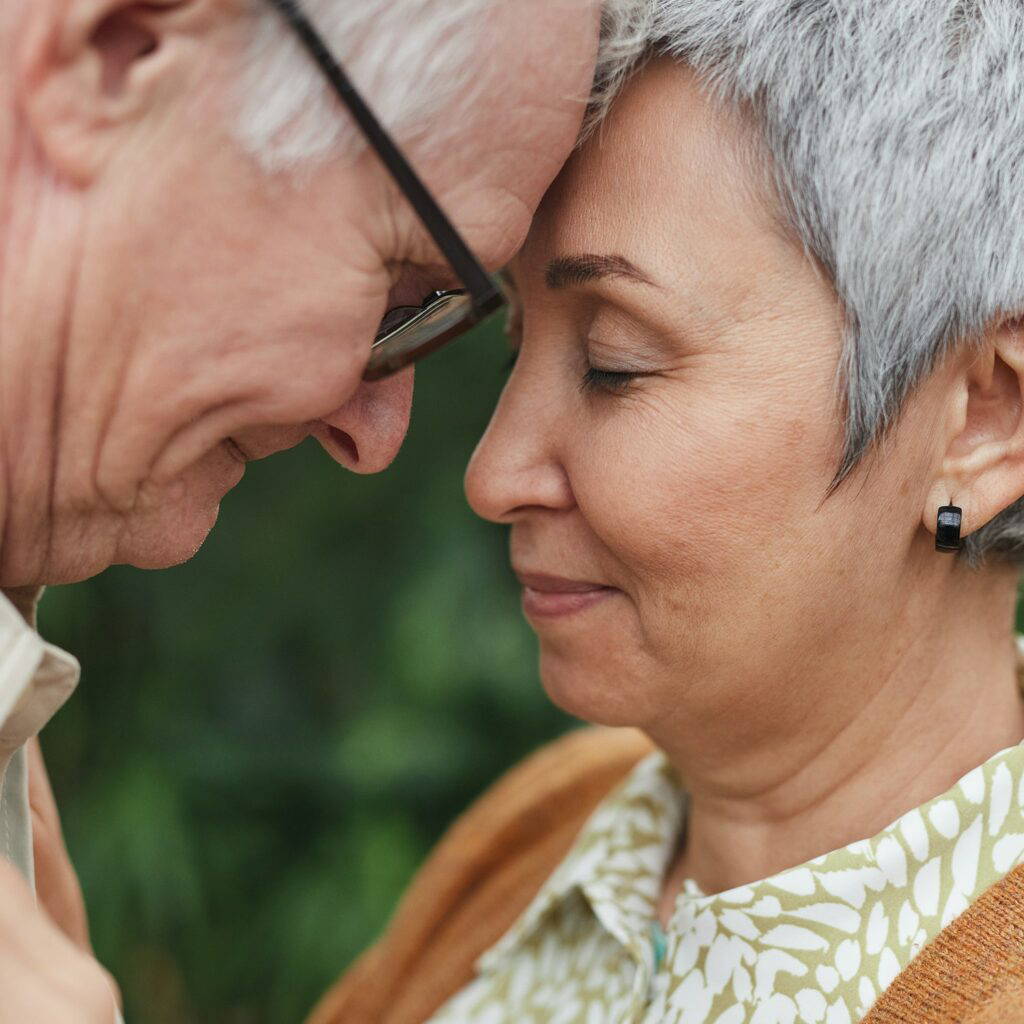
Advanced stage Follicular Lymphoma treatment will depend on whether or not you are experiencing symptoms of FL. If you do have symptoms, you may be offered a combination of immunotherapy and chemotherapy. If you don’t presently have any symptoms, your doctor may suggest active monitoring/watch and wait, or rituximab therapy alone.
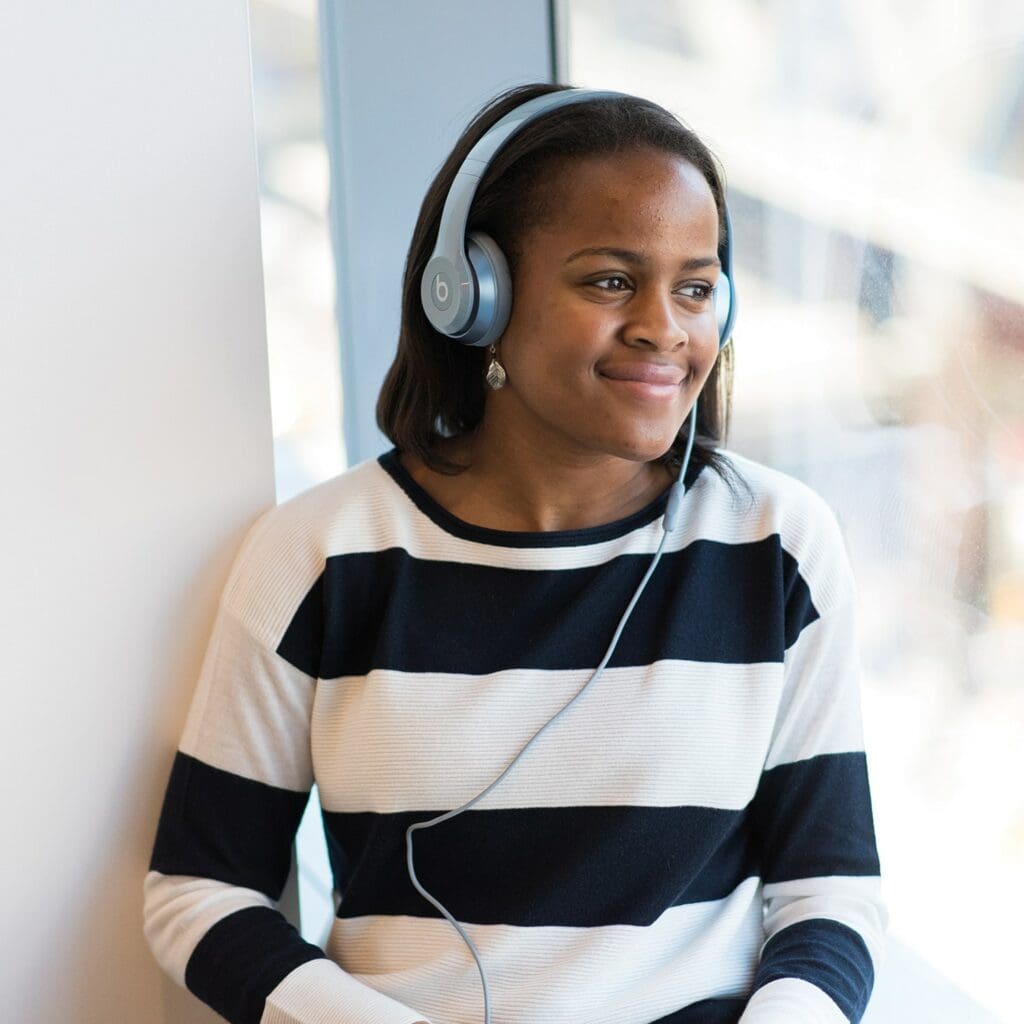
If you are diagnosed with indolent/slow-growing lymphoma and you aren’t currently experiencing any symptoms, you may not need treatment immediately. In fact, it could be months or even years before treatment is needed. Instead, your doctor may recommend that you simply watch and wait.
We understand that not actively undergoing any sort of treatment while living with cancer can seem scary and a little unproductive. But sometimes, it really is the best thing to do. Clinical trials have previously shown that active monitoring doesn’t adversely affect the survival rate of Follicular Lymphoma.
While you are on active monitoring, your doctor will still ask you to attend regular check-ups, which normally include physical examinations and blood tests. If you develop any Follicular Lymphoma symptoms or other indications that you need treatment, this will be detected, and action can be taken right away.


Immunotherapy is a treatment technique that targets the immune system, making it work more effectively to fight disease – in this case, cancer. The most common immunotherapy drug used to treat follicular lymphoma is rituximab. Rituximab, and a related drug obinutuzumab, can be used as a standalone medications, or in combination with other chemotherapy drugs.
Rituximab is also referred to as a targeted therapy and belongs to a group of medications called monoclonal antibodies. These are man-made proteins that are designed to attack a specific part on the surface of the cancerous cells, in this case a protein called CD20, leading to their destruction.
Some people have an allergic-type reaction to rituximab, most commonly with the first infusion. This is not uncommon and can occur after any antibody-based drug. Reactions can be successfully controlled by reducing the rate or temporarily stopping the infusion and using antihistamines and sometimes steroid medications. Your nurses will monitor you very closely during your treatment, and manage you if you have a reaction to rituximab, or whatever antibody you are receiving.
Chemotherapy, or ‘chemo’ as it’s shortened to, is the best-known form of cancer treatment. It has a reputation of causing debilitating and unpleasant side effects, but huge advances have been made in treatment that mean that it can now be given as an outpatient and many people continue to work and live a fulfilling life while undergoing chemotherapy.
If you are recommended to have chemotherapy for Follicular Lymphoma, it’s important to find out what type of chemotherapy you’ll be receiving and what you can expect from your treatment. Ask your doctor whatever questions you have, including what you can do to help manage your tolerance to the treatment.
Cancer is caused by abnormal cells dividing and reproducing, usually at an abnormal rate, clumping together until they form a mass, referred to as a tumour.
Chemotherapy stops cancer cells from reproducing and spreading throughout the body. Unlike radiotherapy which targets a specific tumour site, chemotherapy works throughout the body.
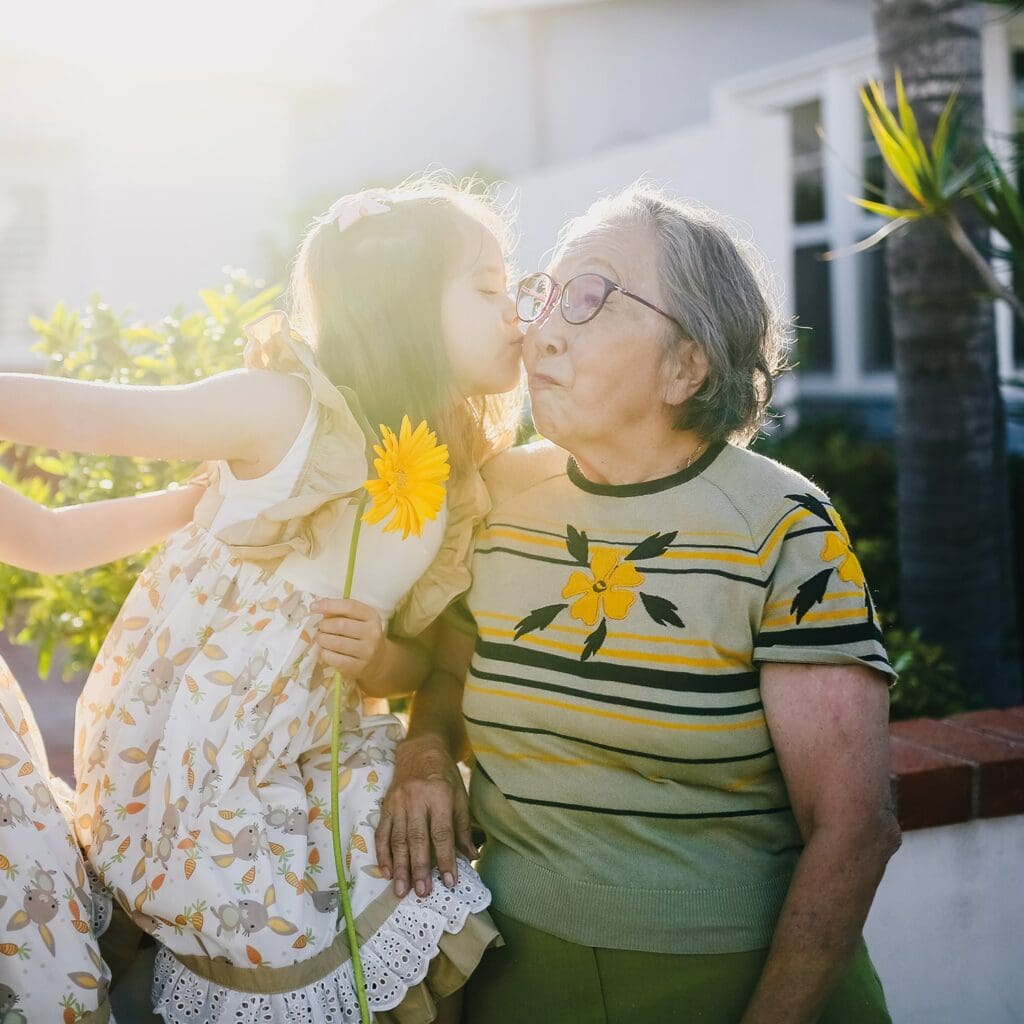
Unfortunately, this means that any non-cancerous cells that are constantly renewing – such as those responsible for our skin, hair, bone marrow and digestive system – are also affected. As a result, there are a range of side effects that may occur with chemotherapy treatment.
Chemotherapy drugs are often administered intravenously through a vein in the hand or arm. However, some people need to have their chemo administered via a PICC line or implantable port. A PICC line is a long, thin silicone tube (IV catheter) that is inserted into the upper arm, with the tip ending at the largest vein in the body. It is usually placed by a specialist nurse under ultrasound guidance. An implantable port is a device surgically inserted under the skin on the chest. PICC lines and ports can stay in your body for long periods of time, making them useful if you are undergoing a lengthy treatment plan. They also mean that blood tests can be performed without a separate needle.
Intravenous chemotherapy must be performed in a chemo unit or hospital, where you may be treated as an outpatient or inpatient. Treatment can take anywhere from a few minutes to a few hours and most people read, watch TV or relax while having treatment.
An increasing number of chemotherapy drugs, including many of the newer targeted agents, are given by mouth, so you may be prescribed it in tablet form instead. These can be taken at home as directed by your doctor. Regardless of how they’re administered, you’ll need to have regular blood tests to check how well your body is functioning while you are having treatment.
Side effects are a normal and unavoidable occurrence with most medications. Your health care team will review the expected side effects of your particular treatment. Remember that different regimens have different potential side effects, and you may or may not experience them. Common side effects of chemotherapy include:
If you are having chemotherapy, there are some things that you can do to help manage the effects.
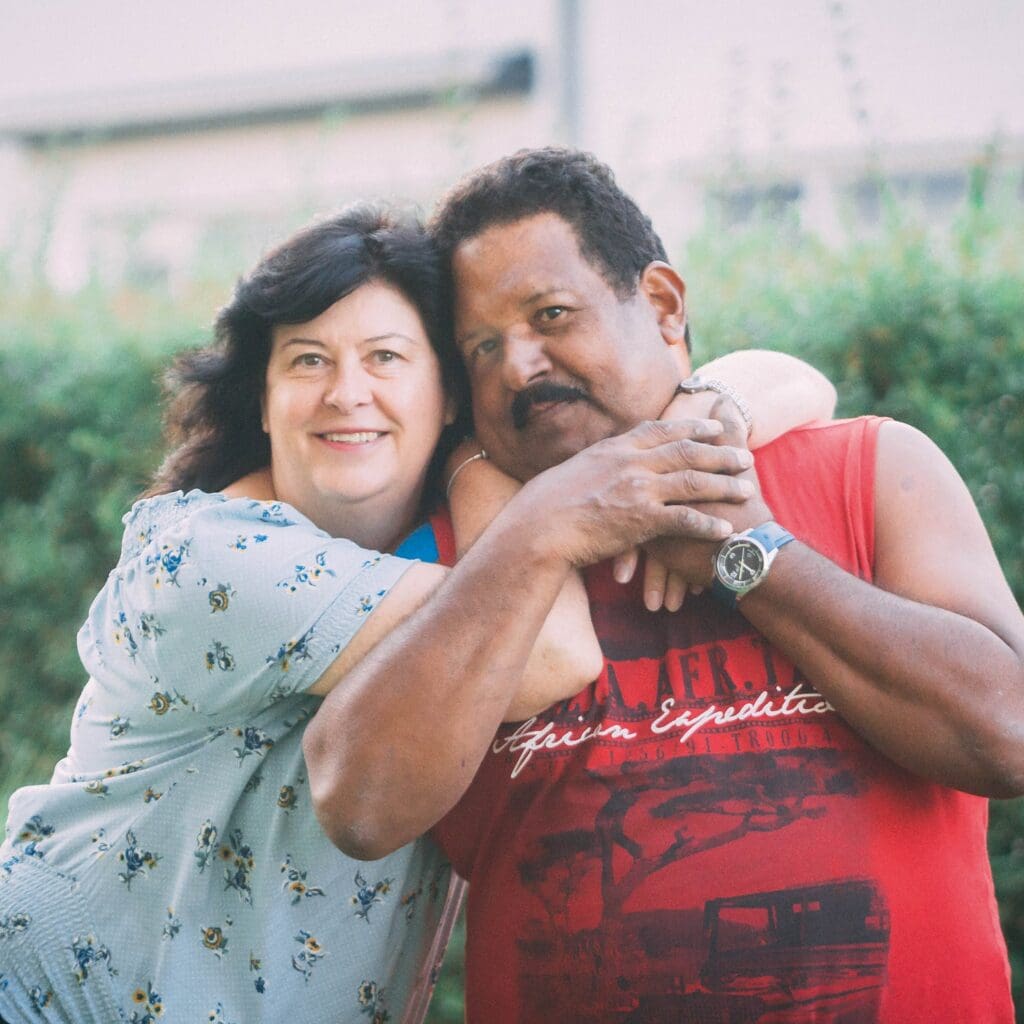
There are several different combinations of immunotherapy and chemotherapy combinations used to treat Follicular Lymphoma.
R-CHOP and R-CVP are acronyms for treatments that combine chemotherapy with Rituximab.
R-CHOP contains:
R-CVP contains:
Both of these combinations are administered intravenously and via tablets. Commonly these are given as an outpatient, although you may need a hospital stay especially for the first cycle. The intravenous treatment is given on day 1 of a 3 week cycle (the prednisolone tablets are given for 5 days), with most people requiring 6 cycles. This means that you can expect your treatment plan to take in the region of 4 to 6 months.
Bendamustine is a chemotherapy drug that works by disrupting the DNA in cancer cells so that they can’t divide and grow. Clinical studies have shown that combining Rituximab with Bendamustine is highly effective in patients with both newly diagnosed and relapsed indolent Follicular Lymphoma.
This combination of immune-chemotherapy is taken every 28 days or 4 weeks on day 1 and day 2 of your cycle with Rituximab usually given on day 1 only. Each 4 week period represents a single cycle, and patients can have up to 6 cycles of treatment with a 26 day break between each. The bendamustine treatment is delivered intravenously in a process that takes around 15-60 minutes. Rituximab is given over 4-6 hours cycle 1, then can be given somewhat faster in later cycles.
Chlorambucil (Leukeran®) is an oral chemotherapy medication It is one of the original chemo drugs developed and not used as much anymore. It is most often recommended for elderly patients or those who have poor fitness.
Obinutuzumab is a newer, targeted antibody treatment that is similar to rituximab, but has some different properties. It can be used alone but commonly is used in combination with chemotherapy for the treatment of Follicular Lymphoma.
Obinutuzumab is administered intravenously, usually over several hours as an outpatient on a weekly or less frequent schedule depending on the regimen. The treatment is sometimes referred to as O-CHOP or O-Bendamustine depending on which chemotherapy treatment you have.
In 2019, lenalidomide and rituximab were approved by the US Food & Drug Administration (FDA) for use in patients who have previously been treated for Follicular Lymphoma.
Lenalidomide is a pill (oral medication) and is referred to as an immunomodulatory drug which can boost the immune system. At the present time, this combination of drugs is the only one which does not involve the use of standard chemotherapy. Studies comparing this combination with other chemo-based combinations in both relapsed FL and as initial therapy for FL found the results to be comparable, although some of the side effects were different, making a Rituximab and Lenalidomide combination a viable alternative. In some countries, this combination is approved for the first line of treatment against Follicular Lymphoma.
Side effects of Lenalidomide include low blood count, constipation or diarrhoea, itching, skin rash and fatigue. It carries a risk of causing birth defects so must not be taken during pregnancy. Strict controls are required for women of childbearing age. It also can increase the risk of blood clots, so your doctor will discuss whether to take aspirin or a stronger blood thinner.